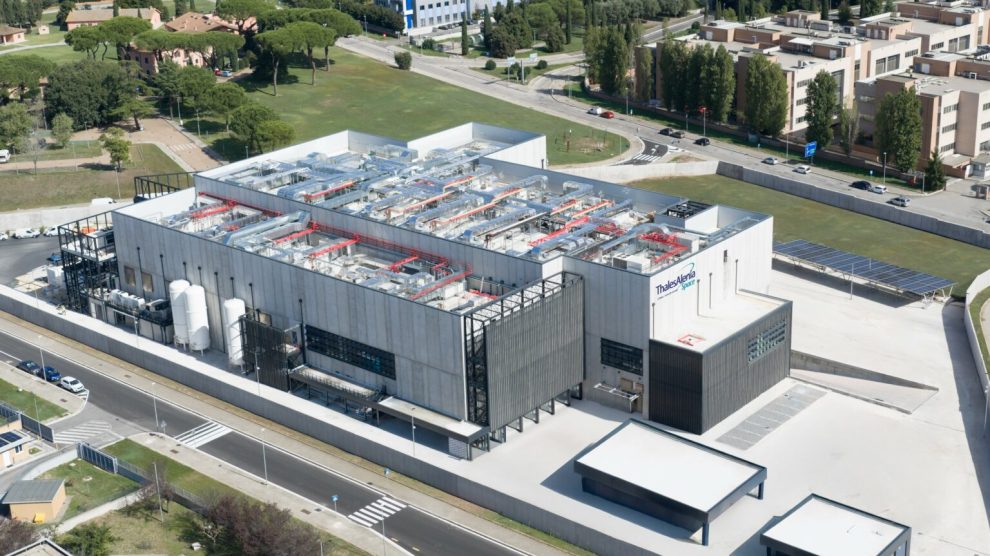Italy is anchoring itself at the core of Europe’s race for autonomy in space, blending automation, AI, and public-private collaboration to accelerate satellite production and strengthen its competitiveness against U.S. and Asian players
Decoding the news: The “Space smart factory” is more than a new industrial plant — it is a statement of technological sovereignty.
By the numbers:
- Inaugurated on October 7, 2025, in the presence of President Sergio Mattarella.
- Funded for 49% by the Italian Space Agency (ASI) through PNRR resources.
- Part of Space Factory 4.0, a multi-site program across Turin, Milan, Mola di Bari, and Pisa.
Inside the factory. The facility combines automation, digital twins, and modular production systems to enable faster, more flexible satellite manufacturing.
- “It’s the demonstration of how to use the best European resources and make public-private partnerships work,” said Adolfo Urso, Minister of Enterprise and Made in Italy. “This is what we want to do with other European actors to guarantee strategic autonomy in space.”
A model of cooperation. The ASI, Leonardo, and Thales Alenia Space form a national value chain that connects research, policy, and industry.
- “This factory crowns years of intense effort and completes Italy’s network for satellite assembly and testing,” said Teodoro Valente, ASI President.
- Leonardo CEO Roberto Cingolani added: “Our goal is to become global players — and we’ll do it through alliances and an integrated European defence space.”
The bigger picture: For Thales Alenia Space, the smart factory embodies a shift toward digitised, serial, and cost-efficient production.
- “It’s a decisive step toward a new way of conceiving space manufacturing,” said Hervé Derrey, CEO of Thales Alenia Space.
- With President Mattarella’s presence, the inauguration carried institutional weight, signalling that space is not just about technology but also about sovereignty and economic power.
Bottom line: Italy’s new space factory positions the country — and Europe — to build faster, smarter, and more autonomously. In a global market defined by speed and self-reliance, Rome is betting on innovation as its launchpad to the stars.





